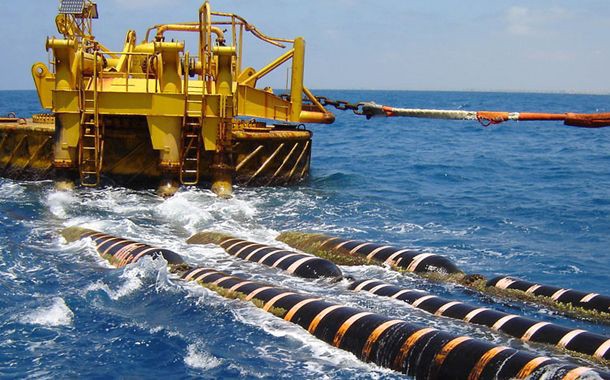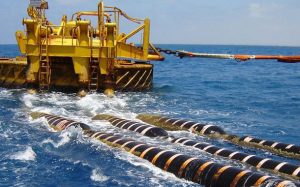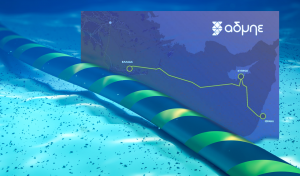Greece’s Prime Minister Kyriakos Mitsotakis is set to meet Cyprus’ President Nikos Christodoulides on Thursday at 11:00 AM in Athens to deliberate on the future of the Greece-Cyprus electrical cable, known as the Great Sea Interconnector (GSI). The high-stakes meeting could determine the fate of the €2 billion project, which has faced significant delays due to unresolved disputes between the two nations.
The GSI project, initially hailed as a major step towards energy independence and regional cooperation, has recently been bogged down by differing positions on crucial aspects, creating a strain between Athens and Nicosia. According to reports from OT.gr, several key issues remain unresolved, casting doubt on the project’s viability.
Key Issues Awaiting Resolution
Two primary concerns have emerged as potential deal-breakers for Greece. Firstly, the Greek government is concerned about Cyprus’ hesitancy to confirm its equity participation in the project with the initially agreed €100 million. This contribution is seen as essential for the project’s financial structure. Secondly, there is ongoing contention regarding the cost-sharing ratio between the two countries, a ratio that was set in 2017.
The Cypriot government convened a cabinet meeting on Tuesday with the intention of making a final decision on these issues. However, the outcome of the meeting fell short of Greece’s expectations, with final decisions on Cyprus’s participation deferred to December. This decision will be contingent upon the European Investment Bank’s evaluation of the project’s Cost-Benefit Analysis (CBA), raising concerns in Athens about Cyprus’s commitment to the project.
The existing cost-sharing ratio allocates 63% of the cost to Cyprus, which benefits more from the electrical interconnection, and 37% to Greece.
Cyprus’ new proposal is that if the final cost of the cable exceeds €1.94 billion, then the additional amount will be split 50%-50% between the two countries.
Potential for Compromise, and Future Outlook
Despite these challenges, there remains a possibility for compromise, sources told OT. The gap between the two sides in relation to the cost-sharing ratio could be bridged because Greece is willing to share the geopolitical risks associated with the project equally, at a 50%-50% split. This concession is aimed at addressing concerns over external threats that could jeopardize the completion or operation of the interconnection.
As for the unresolved issue of recovery of €125 million during the 2025-2030 construction period (which equals €25 million per year), the issue remains unresolved despite the optimistic statements of Cypriot Energy Minister Mr. Giorgos Papanastasiou.






